Humanizing Organizations
Culture Eats Process for Breakfast
How do startups, agencies and companies deal with the need for organizational and cultural change? Here are my thoughts, personal experiences and inspiration on the subject, alongside a contribution by Eero Aalto, at the time of this article, in the role of Head of Business Transformation at Heimat.
Self-management needs cultural foundation
Progressive organizations of all sizes experiment with self-governing operating systems - shifting to decentralisation and dynamic self-management. Holacracy® - a system for self-management is currently used by around 70 companies arcoss the globe. Pioneers in this field like global conscious innovation consultancy Mandalah adopted Holacracy years ago, but startups like Medium, Buffer, Github or Blinkist publicly share their first experiences using the system, as well as highlighting their failures.
It seems, that there are certain traps and difficulties on the way to transcending the traditional management paradigm, as there are far too many rigid processes as well as the misconception of flat hierarchies and the loss of sight of customer centric culture as the core of the business. Nevertheless, self-management is hitting the boardrooms of large enterprises and even corporate giants like Deutsche Telekom, as they start to adopt new ways of working within small teams. The reasons for these shifts are obvious: fear of failure, lack of speed, engagement, innovation and leadership in our current organizational norms. However, beyond the hype and even the financial considerations, there is a desire to organise a business, in a wholesome and fulfilling way.
Humanizing Organizations
Culture Eats Process for Breakfast
How do startups, agencies and companies deal with the need for organizational and cultural change? Here are my thoughts, personal experiences and inspiration on the subject, alongside a contribution by Eero Aalto, at the time of this article, in the role of Head of Business Transformation at Heimat.
Self-management needs cultural foundation
Progressive organizations of all sizes experiment with self-governing operating systems - shifting to decentralisation and dynamic self-management. Holacracy® - a system for self-management is currently used by around 70 companies arcoss the globe. Pioneers in this field like global conscious innovation consultancy Mandalah adopted Holacracy years ago, but startups like Medium, Buffer, Github or Blinkist publicly share their first experiences using the system, as well as highlighting their failures.
It seems, that there are certain traps and difficulties on the way to transcending the traditional management paradigm, as there are far too many rigid processes as well as the misconception of flat hierarchies and the loss of sight of customer centric culture as the core of the business. Nevertheless, self-management is hitting the boardrooms of large enterprises and even corporate giants like Deutsche Telekom, as they start to adopt new ways of working within small teams. The reasons for these shifts are obvious: fear of failure, lack of speed, engagement, innovation and leadership in our current organizational norms. However, beyond the hype and even the financial considerations, there is a desire to organise a business, in a wholesome and fulfilling way.
Humanizing Organizations
Culture Eats Process for Breakfast
How do startups, agencies and companies deal with the need for organizational and cultural change? Here are my thoughts, personal experiences and inspiration on the subject, alongside a contribution by Eero Aalto, at the time of this article, in the role of Head of Business Transformation at Heimat.
Self-management needs cultural foundation
Progressive organizations of all sizes experiment with self-governing operating systems - shifting to decentralisation and dynamic self-management. Holacracy® - a system for self-management is currently used by around 70 companies arcoss the globe. Pioneers in this field like global conscious innovation consultancy Mandalah adopted Holacracy years ago, but startups like Medium, Buffer, Github or Blinkist publicly share their first experiences using the system, as well as highlighting their failures.
It seems, that there are certain traps and difficulties on the way to transcending the traditional management paradigm, as there are far too many rigid processes as well as the misconception of flat hierarchies and the loss of sight of customer centric culture as the core of the business. Nevertheless, self-management is hitting the boardrooms of large enterprises and even corporate giants like Deutsche Telekom, as they start to adopt new ways of working within small teams. The reasons for these shifts are obvious: fear of failure, lack of speed, engagement, innovation and leadership in our current organizational norms. However, beyond the hype and even the financial considerations, there is a desire to organise a business, in a wholesome and fulfilling way.
Humanizing Organizations
Culture Eats Process for Breakfast
How do startups, agencies and companies deal with the need for organizational and cultural change? Here are my thoughts, personal experiences and inspiration on the subject, alongside a contribution by Eero Aalto, at the time of this article, in the role of Head of Business Transformation at Heimat.
Self-management needs cultural foundation
Progressive organizations of all sizes experiment with self-governing operating systems - shifting to decentralisation and dynamic self-management. Holacracy® - a system for self-management is currently used by around 70 companies arcoss the globe. Pioneers in this field like global conscious innovation consultancy Mandalah adopted Holacracy years ago, but startups like Medium, Buffer, Github or Blinkist publicly share their first experiences using the system, as well as highlighting their failures.
It seems, that there are certain traps and difficulties on the way to transcending the traditional management paradigm, as there are far too many rigid processes as well as the misconception of flat hierarchies and the loss of sight of customer centric culture as the core of the business. Nevertheless, self-management is hitting the boardrooms of large enterprises and even corporate giants like Deutsche Telekom, as they start to adopt new ways of working within small teams. The reasons for these shifts are obvious: fear of failure, lack of speed, engagement, innovation and leadership in our current organizational norms. However, beyond the hype and even the financial considerations, there is a desire to organise a business, in a wholesome and fulfilling way.
"Organizations can’t be designed, they need to be created, out of a new thinking, a different need and transformational insights."
Holacracy: not safe enough to try — Julia Culen
"Organizations can’t be designed, they need to be created, out of a new thinking, a different need and transformational insights."
Holacracy: not safe enough to try — Julia Culen
I believe that we urgently need a new perspective in our workplace. A self-organised structure should neither be a theoretical exercise nor can it be forced. The key to embracing change is to deeply embed it within the purpose of the organization, determined by the core-values of a humanistic culture and viewed with a fresh understanding of leadership.
I believe that we urgently need a new perspective in our workplace. A self-organised structure should neither be a theoretical exercise nor can it be forced. The key to embracing change is to deeply embed it within the purpose of the organisation, determined by the core-values of a humanistic culture and viewed with a fresh understanding of leadership.
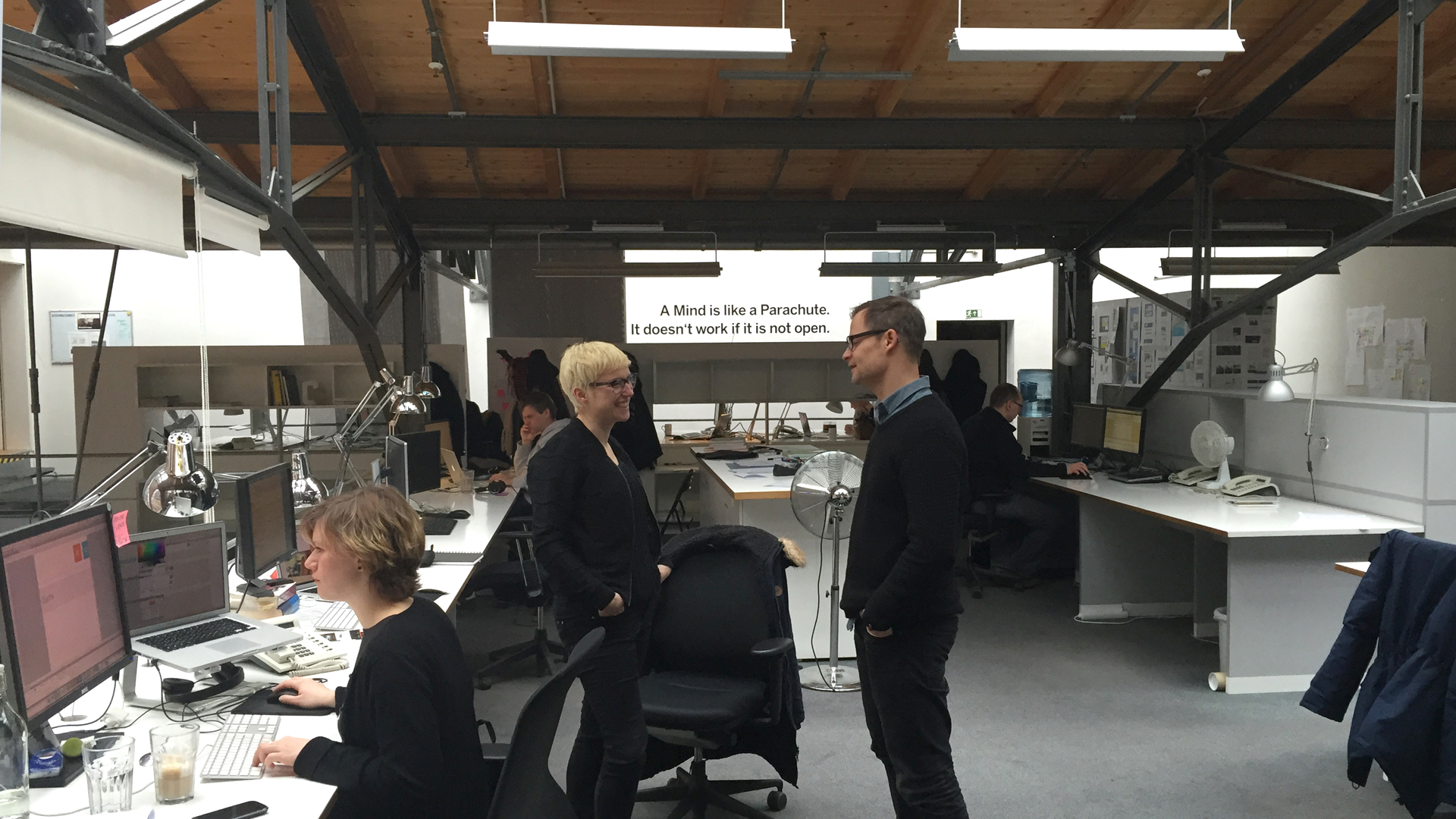
Culture can't be strategised, but it can be hacked
A new structural foundation for self-management requires a culture that encourages and supports the individual. Culture cannot be strategised, it's made up of organisational myths, accepted practices like norms, traditions, habits and mindsets and is infused by the spirit of the founder. Psychologist Edgar Schein describes culture as a product of joint learning.
Culture can't be strategised, but it can be hacked
A new structural foundation for self-management requires a culture that encourages and supports the individual. Culture cannot be strategised, it's made up of organisational myths, accepted practices like norms, traditions, habits and mindsets and is infused by the spirit of the founder. Psychologist Edgar Schein describes culture as a product of joint learning:
Culture can't be strategised, but it can be hacked
A new structural foundation for self-management requires a culture that encourages and supports the individual. Culture cannot be strategised, it's made up of organisational myths, accepted practices like norms, traditions, habits and mindsets and is infused by the spirit of the founder. Psychologist Edgar Schein describes culture as a product of joint learning:
“What is culture? A pattern of shared basic assumptions learned by a group as it solved its problems of external adaptation and internal integration (…) A product of joint learning.”
Organizational Culture and Leadership — Edgar Schein
“What is culture? A pattern of shared basic assumptions learned by a group as it solved its problems of external adaptation and internal integration (…) A product of joint learning.”
Organizational Culture and Leadership — Edgar Schein
Culture cannot be designed but can be acted on, challenged and hacked. Zappos Downtown Project is a fantastic example for how a company is externalizing it's culture and values to the next level. The Downtown Project started 5 years ago in an effort to revitalize a grungy neighborhood of Downtown Las Vegas into a co-learning and co-working capital.
Zappos has done exactly that, by investing in passionate individual entrepreneurs. Unlike chain stores or big businesses, customers can go into the businesses they’ve invested in at almost anytime and actually interact with the owner, learning their story, their inspiration, and their passion. Zappos Tony Hsieh calls this: ‘collisions’ – serendipitous encounters between individuals who can drive innovation.
“Our number one priority is company culture. Our whole belief is that if you get the culture right, most of the other stuff like delivering great customer service or building a long-term enduring brand will just happen naturally on its own.”
Tony Hsieh, Zappos — about the art of great company culture
“Our number one priority is company culture. Our whole belief is that if you get the culture right, most of the other stuff like delivering great customer service or building a long-term enduring brand will just happen naturally on its own.”
Tony Hsieh, Zappos — about the art of great company culture
Amplifying cultural change doesn’t always need to be a hundred-million-dollar investment. Single projects can serve as cultural hacks and as pilots for an agile and self-organized structure, because in these types of projects, specialists are more important than hierarchies. These projects can be initiated either by internal fence-jumpers or by bringing in external insurgents who shine a light into corporate land.
Together with a team of dedicated collaborators I initiated: DECODER – for Aperto – An IBM Company. DECODER is about 'unlearning and relearning' new methods of collaboration across technology and creative skillsets, in highly innovative environments. It's a generative format that stands for the deciphering of creative patterns, communications systems, and different methods of working. We decided to open our house to smart people who taught us how to decode communication patterns. Something that was far away from our daily digital communication challenges.
DECODER participants from Trainee to Managing Director are forced to work across team borders and corporate worlds and cultures to interact with one another. The whole purpose of the project was to ensure that participants are taken out of their comfort zone, far removed from their computer screens, to create a product together that‘s more than just tangible, it‘s ‘enterable’.
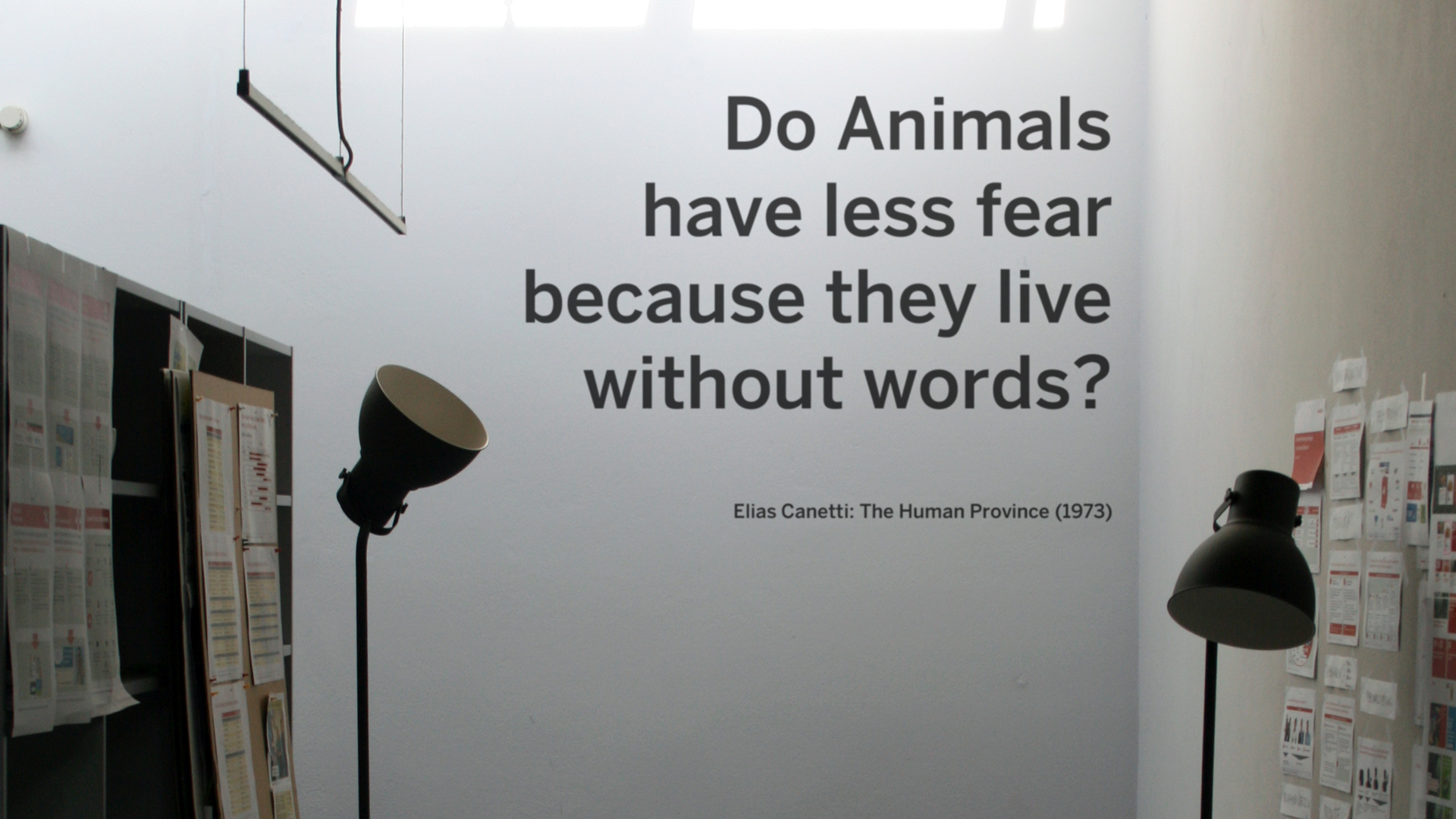
Smart structural changes enable an organic evolution
I spoke to Eero Aalto, at the time of this article, in the role of Head of Business Transformation at Heimat Berlin (part of TBWA), about the necessary cultural changes in the agency-world. Here are his thoughts:
‘Agencies tend to fill in their existing structures over and over again, and never really re-think it to truly match with their clients’ real needs. While the world keeps evolving faster than ever, agencies are still solving today’s problems with structures from the 1950’s – often with art and copy based creatives. While ‘expertise’ in these areas remains very, very important, often we embrace the ‘creative-first’ culture where strategy means back-rationalising and ‘someone else has to make it digital’. What if the best solution is not always one masterpiece of communications anymore, but rather a new business model, new service, or an on-going marketing programme?
People, and the way people are organized, drives the culture. Decades old structures cannot be challenged with processes, as the strong culture simply eats processes for breakfast. But if the structure is changed in a smart way, it will enable an organic cultural evolution.
Hence, creative agencies should to re-think the structure. Who is needed? Who is not? This will help to define the best solutions for clients’ marketing problems now and in the future. With an emphasis on defining the solution (read: the idea), not just crafting the outcomes.’
Smart structural changes enable an organic evolution
I spoke to Eero Aalto, at the time of this article, in the role of Head of Business Transformation at Heimat Berlin (part of TBWA), about the necessary cultural changes in the agency-world. Here are his thoughts:
‘Agencies tend to fill in their existing structures over and over again, and never really re-think it to truly match with their clients’ real needs. While the world keeps evolving faster than ever, agencies are still solving today’s problems with structures from the 1950’s – often with art and copy based creatives. While ‘expertise’ in these areas remains very, very important, often we embrace the ‘creative-first’ culture where strategy means back-rationalising and ‘someone else has to make it digital’. What if the best solution is not always one masterpiece of communications anymore, but rather a new business model, new service, or an on-going marketing programme?
People, and the way people are organized, drives the culture. Decades old structures cannot be challenged with processes, as the strong culture simply eats processes for breakfast. But if the structure is changed in a smart way, it will enable an organic cultural evolution.
Hence, creative agencies should to re-think the structure. Who is needed? Who is not? This will help to define the best solutions for clients’ marketing problems now and in the future. With an emphasis on defining the solution (read: the idea), not just crafting the outcomes.'
Smart structural changes enable an organic evolution
I spoke to Eero Aalto, at the time of this article, in the role of Head of Business Transformation at Heimat Berlin (part of TBWA), about the necessary cultural changes in the agency-world. Here are his thoughts:
‘Agencies tend to fill in their existing structures over and over again, and never really re-think it to truly match with their clients’ real needs. While the world keeps evolving faster than ever, agencies are still solving today’s problems with structures from the 1950’s – often with art and copy based creatives. While ‘expertise’ in these areas remains very, very important, often we embrace the ‘creative-first’ culture where strategy means back-rationalising and ‘someone else has to make it digital’. What if the best solution is not always one masterpiece of communications anymore, but rather a new business model, new service, or an on-going marketing programme?
People, and the way people are organized, drives the culture. Decades old structures cannot be challenged with processes, as the strong culture simply eats processes for breakfast. But if the structure is changed in a smart way, it will enable an organic cultural evolution.
Hence, creative agencies should to re-think the structure. Who is needed? Who is not? This will help to define the best solutions for clients’ marketing problems now and in the future. With an emphasis on defining the solution (read: the idea), not just crafting the outcomes.’
“Decades old structures cannot be challenged with processes, as the strong culture simply eats processes for breakfast. But if the structure is changed in a smart way, it will enable an organic cultural evolution.”
Eero Aalto
“Decades old structures cannot be challenged with processes, as the strong culture simply eats processes for breakfast. But if the structure is changed in a smart way, it will enable an organic cultural evolution.”
Eero Aalto
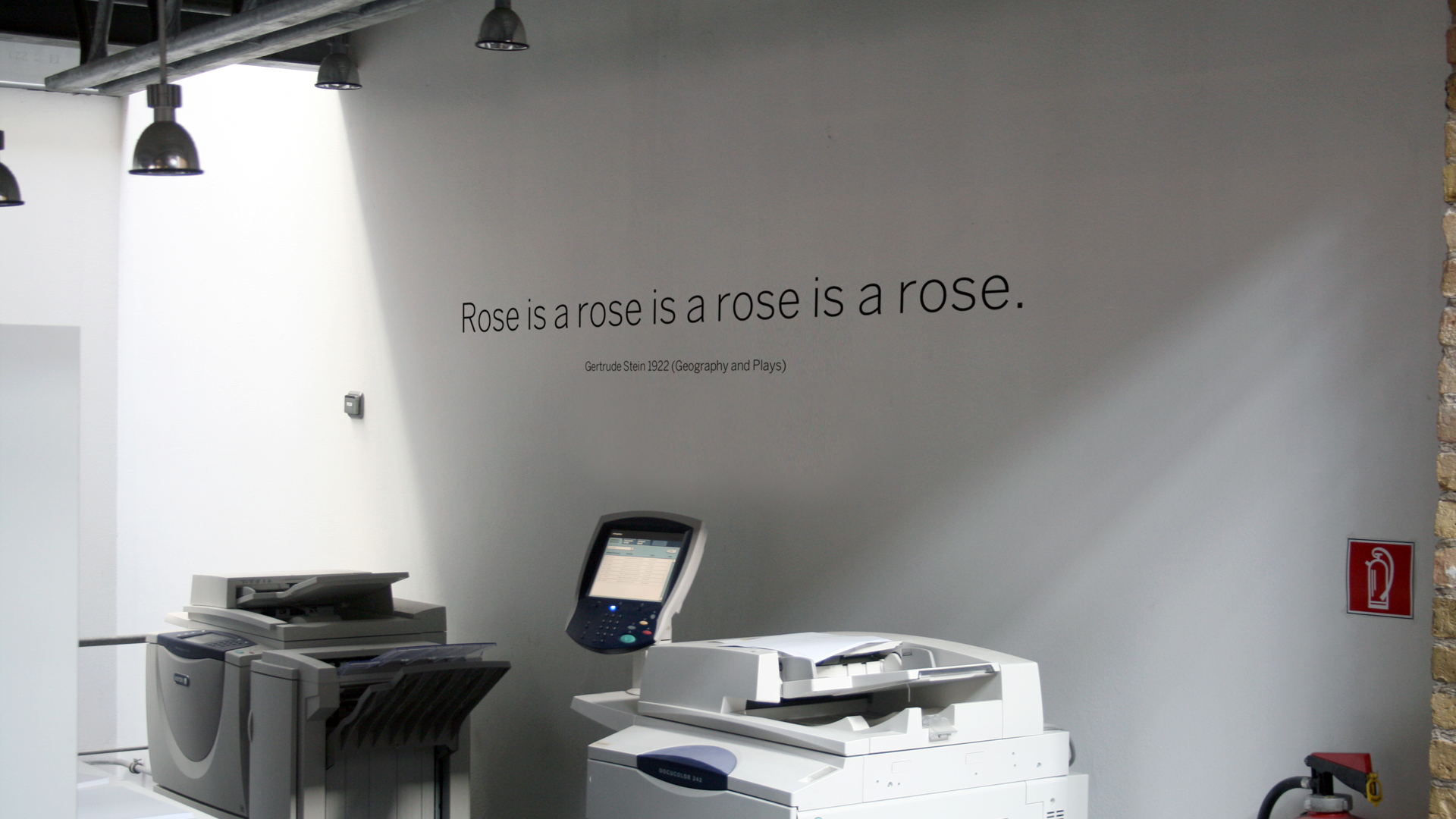
This article is inspired by an interview, Alexander Clark conducted with me for his Hyper Island Master Thesis 2017: Empathic Culture & Self-Leading Teams How might we help organisations 'shift' to an empathic culture and a self-organising model? I was able to draw on my experiences from my previous role as Executive Creative Director at German agency Aperto – an IBM Company and as my current role as Associate Director Experience Design at global talent consultancy Cogs.
A special thanks to Eero Aalto (at the time of this article, Heimat & TBWA\Germany’s Head of Business Transformation) for his contribution. We at Cogs are very proud of our impactful collaboration with Heimat - supporting them in building the next evolution of their business by identifying, attracting and keeping the right global digital talent.
Further inspiration:
- In the face of artificial intelligence and machine learning, we need a new radical humanism says Tim Leberecht. This means designing organizations and workplaces that celebrate authenticity instead of efficiency and questions instead of answers: 4 Ways to build a human company in the age of Machines
- Fjords Co-Founder Mark Curtis speaks about the challenge of instilling a design culture within some companies: Design Thinking also needs design doing and design culture
This article appeared first on the Cogs Blog.
This article is inspired by an interview, Alexander Clark conducted with me for his Hyper Island Master Thesis 2017: Empathic Culture & Self-Leading Teams How might we help organisations 'shift' to an empathic culture and a self-organising model? I was able to draw on my experiences from my previous role as Executive Creative Director at German agency Aperto – an IBM Company and as my current role as Associate Director Experience Design at global recruitment agency Cogs.
A special thanks to Eero Aalto (at the time of this article, Heimat & TBWA\Germany’s Head of Business Transformation) for his contribution. We at Cogs are very proud of our impactful collaboration with Heimat - supporting them in building the next evolution of their business by identifying, attracting and keeping the right global digital talent.
Further inspiration:
- In the face of artificial intelligence and machine learning, we need a new radical humanism says Tim Leberecht. This means designing organizations and workplaces that celebrate authenticity instead of efficiency and questions instead of answers: 4 Ways to build a human company in the age of Machines
- Fjords Co-Founder Mark Curtis speaks about the challenge of instilling a design culture within some companies: Design Thinking also needs design doing and design culture
This article appeared first on the Cogs Blog.
This article is inspired by an interview, Alexander Clark conducted with me for his Hyper Island Master Thesis 2017: Empathic Culture & Self-Leading Teams How might we help organisations 'shift' to an empathic culture and a self-organising model? I was able to draw on my experiences from my previous role as Executive Creative Director at German agency Aperto – an IBM Company and as my current role as Associate Director Experience Design at global talent consultancy Cogs.
A special thanks to Eero Aalto (at the time of this article, Heimat & TBWA\Germany’s Head of Business Transformation) for his contribution. We at Cogs are very proud of our impactful collaboration with Heimat - supporting them in building the next evolution of their business by identifying, attracting and keeping the right global digital talent.
Further inspiration:
- In the face of artificial intelligence and machine learning, we need a new radical humanism says Tim Leberecht. This means designing organizations and workplaces that celebrate authenticity instead of efficiency and questions instead of answers: 4 Ways to build a human company in the age of Machines
- Fjords Co-Founder Mark Curtis speaks about the challenge of instilling a design culture within some companies: Design Thinking also needs design doing and design culture
This article appeared first on the Cogs Blog.
All Images: Aperto Poems — a spatial brand design project for Aperto – An IBM Company.
All Images: Aperto Poems — a spatial brand design project for Aperto – An IBM Company.
What I Share
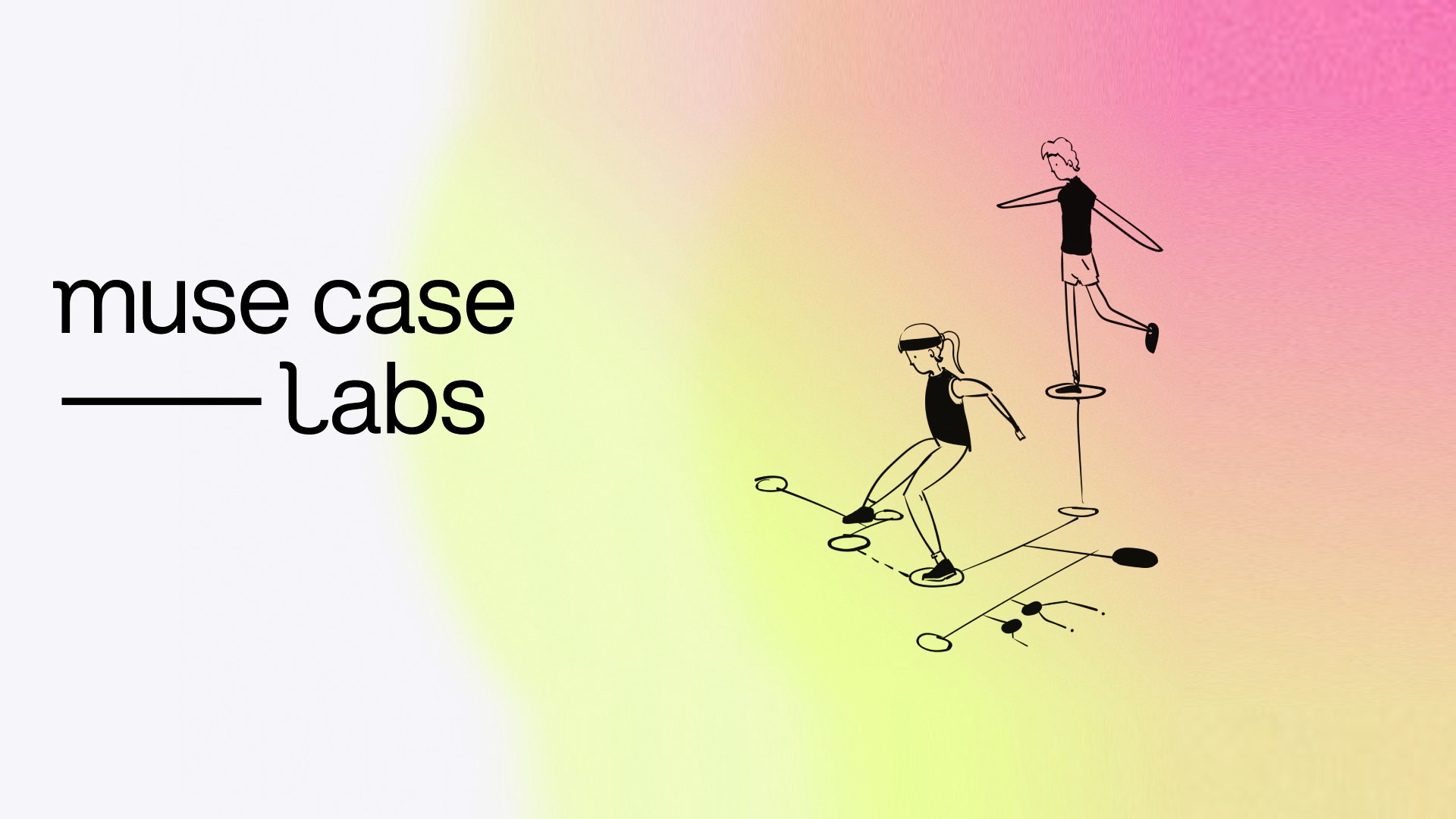
Design in Transitionmuse case labs Interview
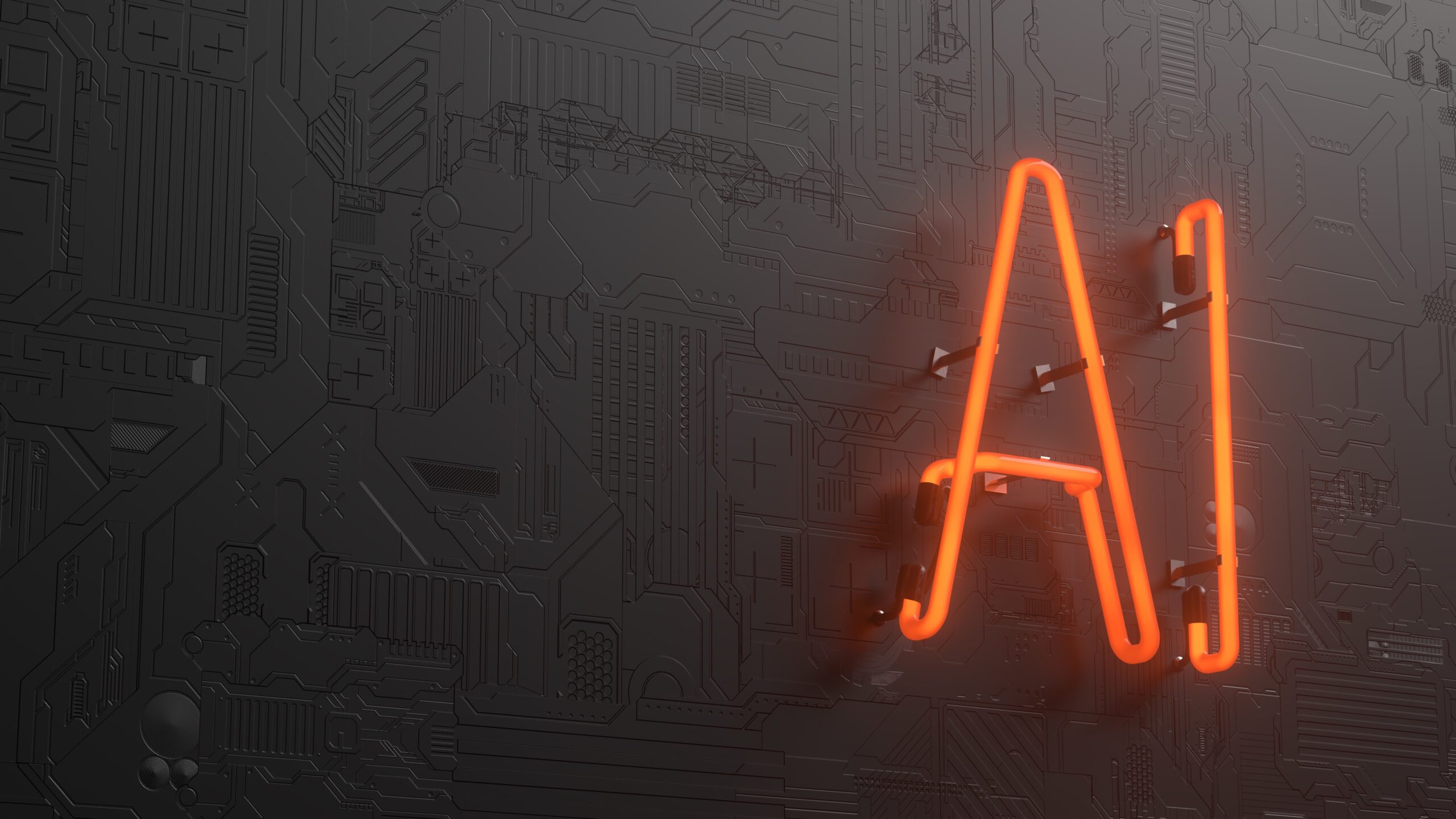
AI in Recruitment: Our Choice Our FightReflections on a presentation by Hung Lee
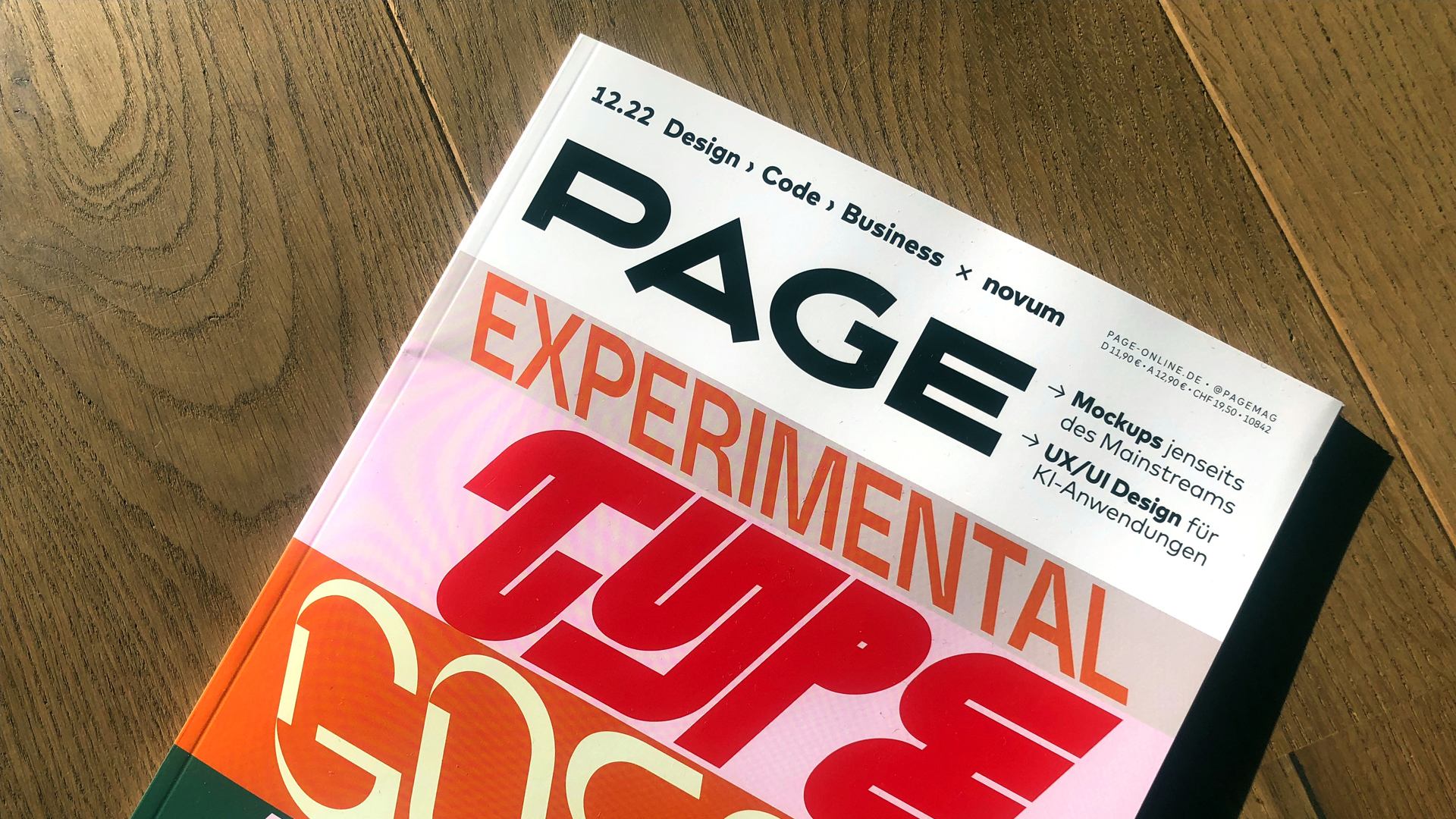
Full-Time, Part-Time, Free-TimeInterview for PAGE Magazine
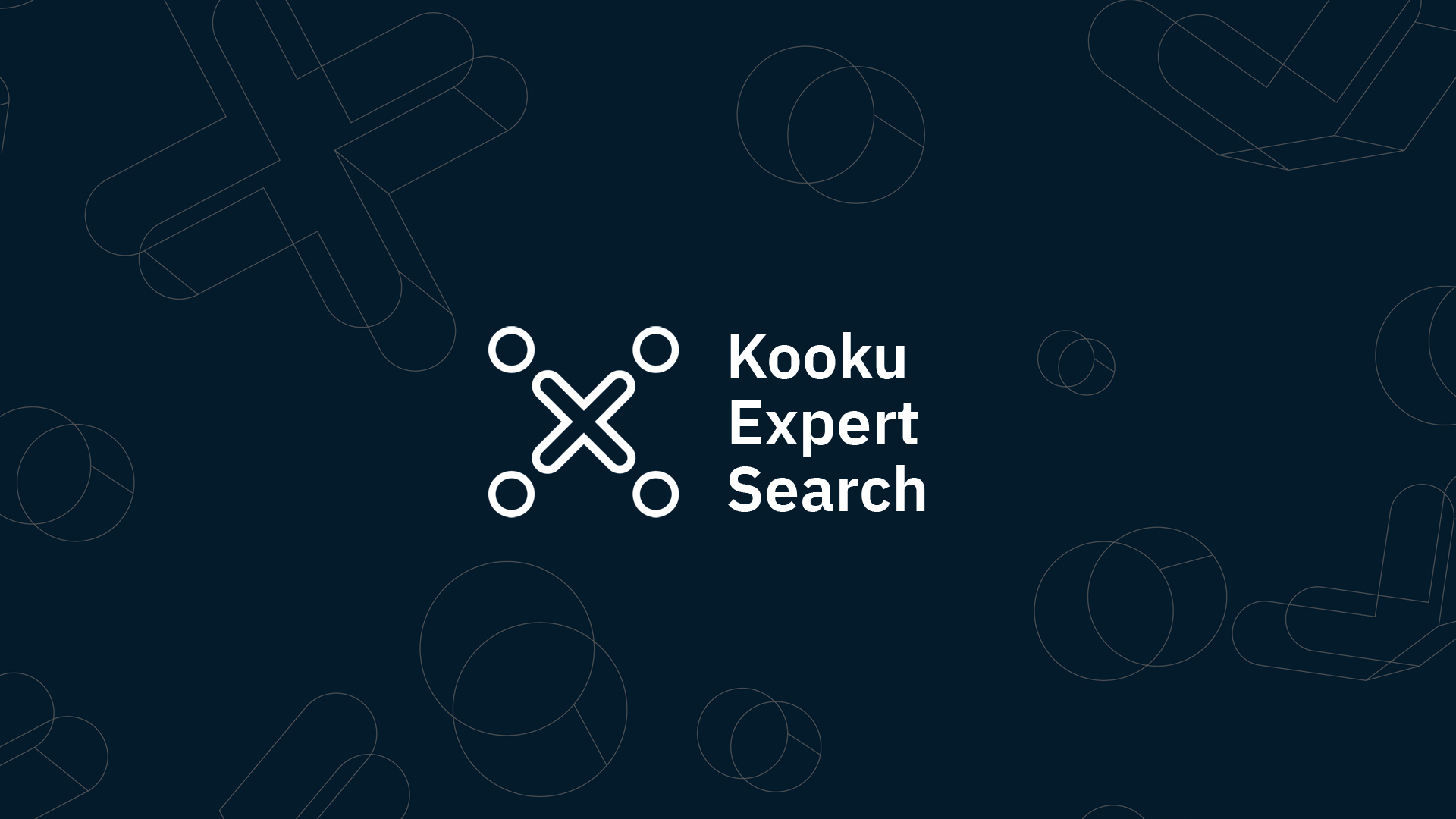
Kooku X — Vision to RealityBuilding a Minimal Viable Recruiting Brand
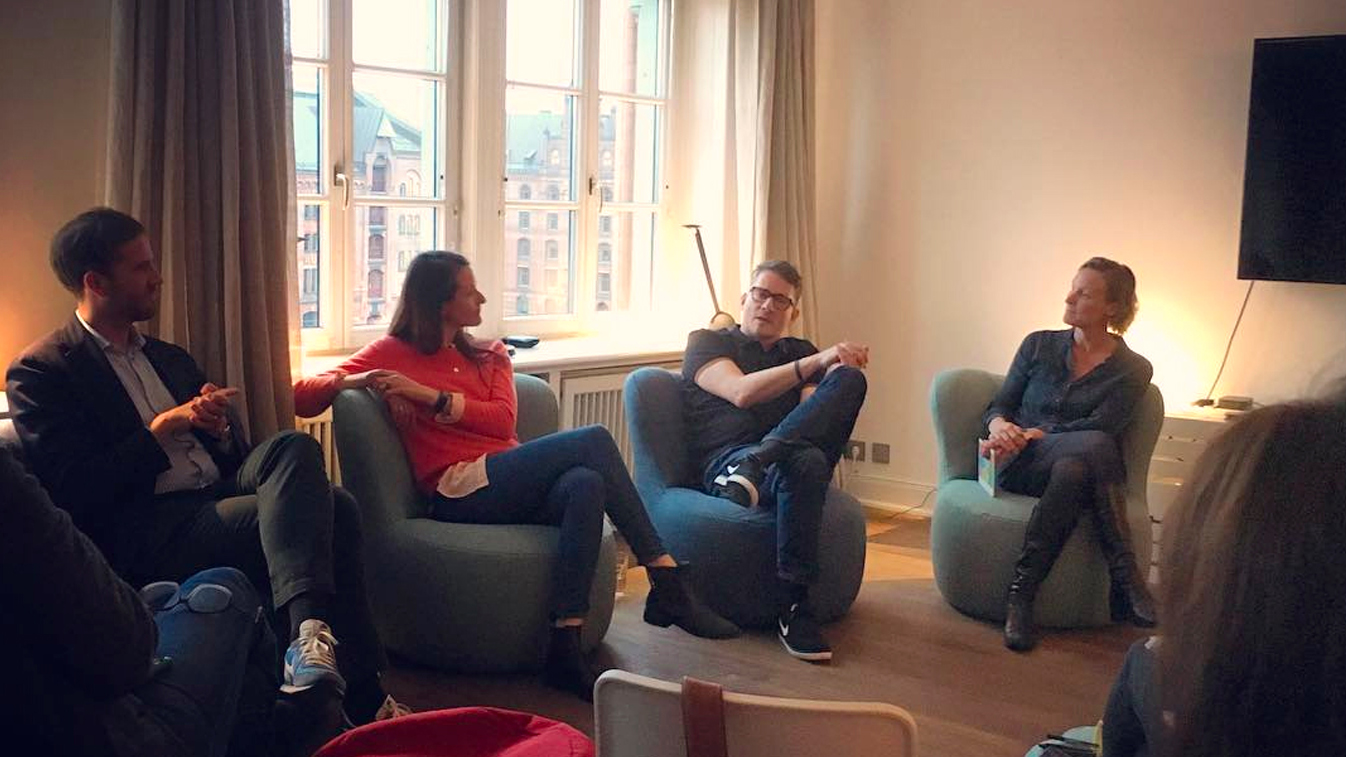
Mindset is EverythingSOULWORX ENERGIZER
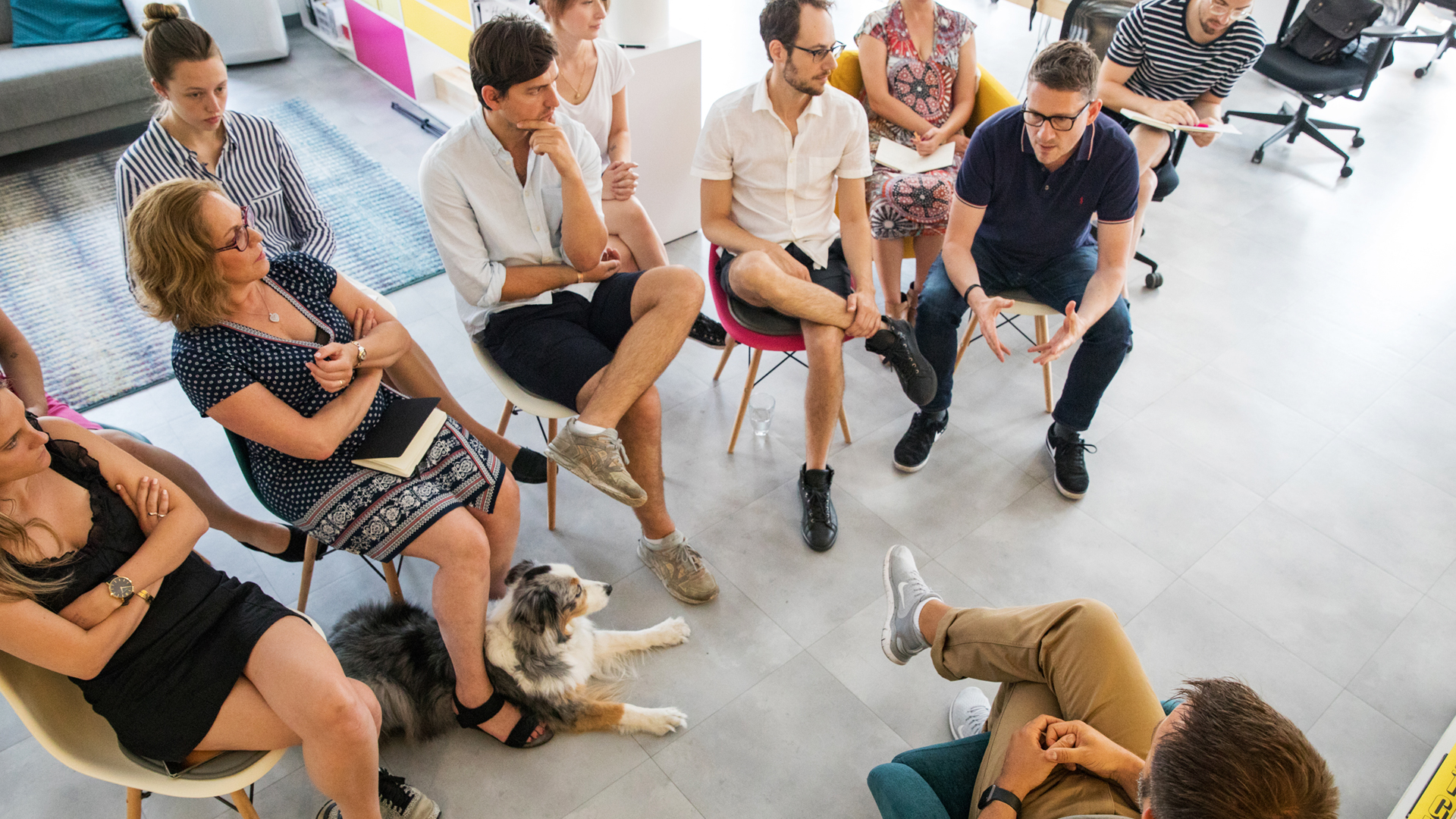
Leading TogetherBlog Post
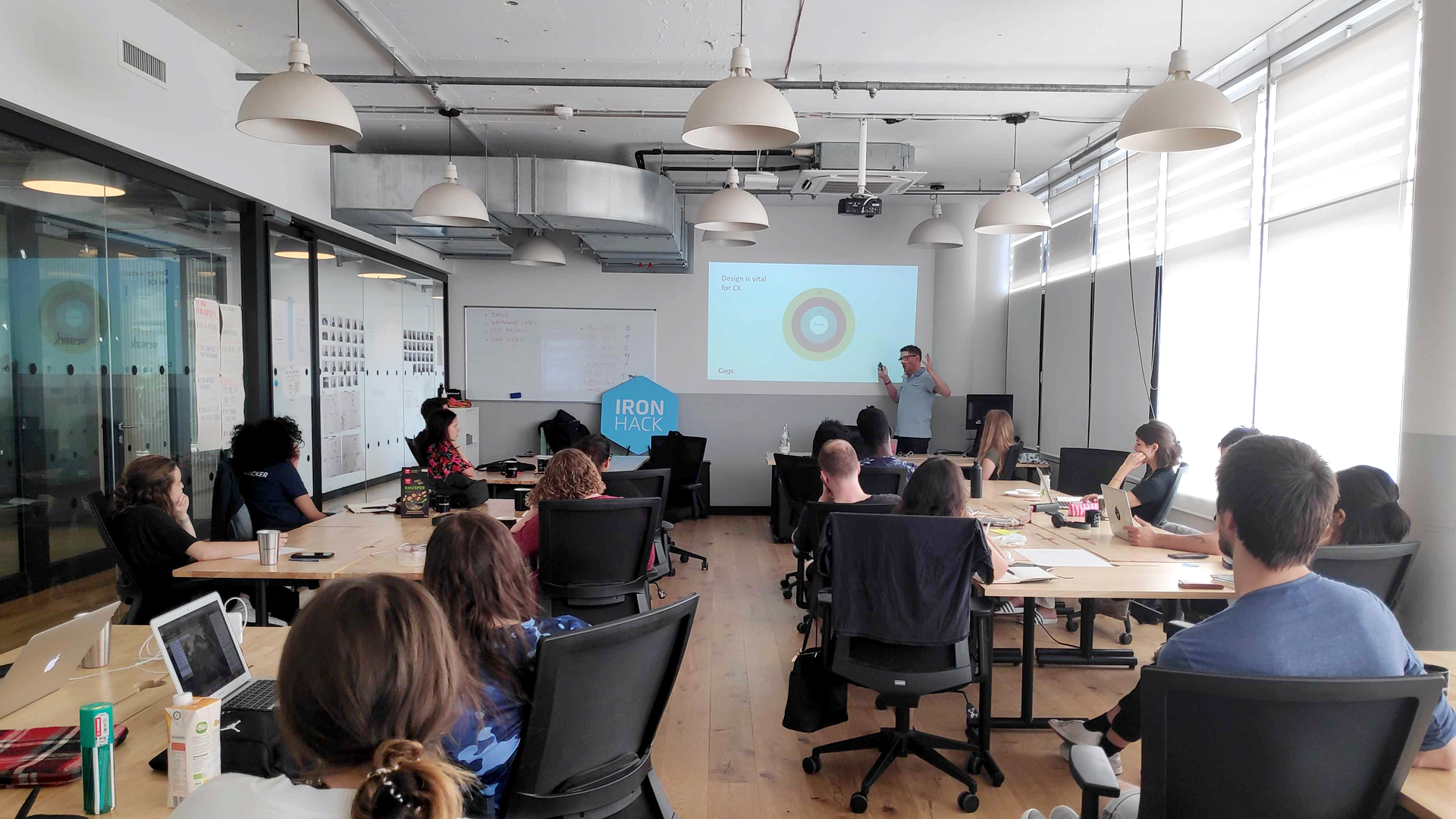
Unicorns, Hybrids, and Other Fantastic BeastsIronhack Workshops
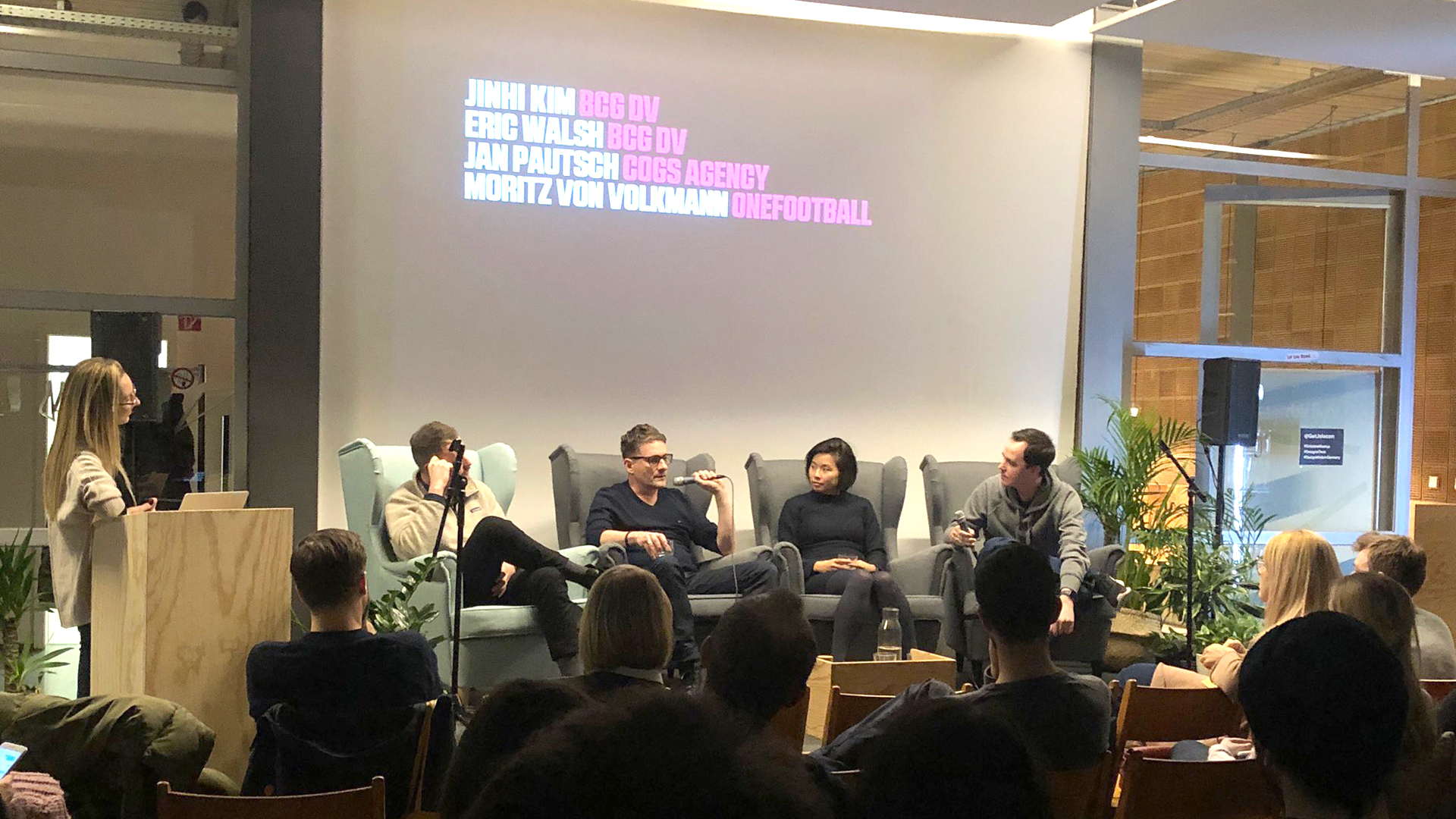
Embrace VarietyBerlin Dribbble meetup
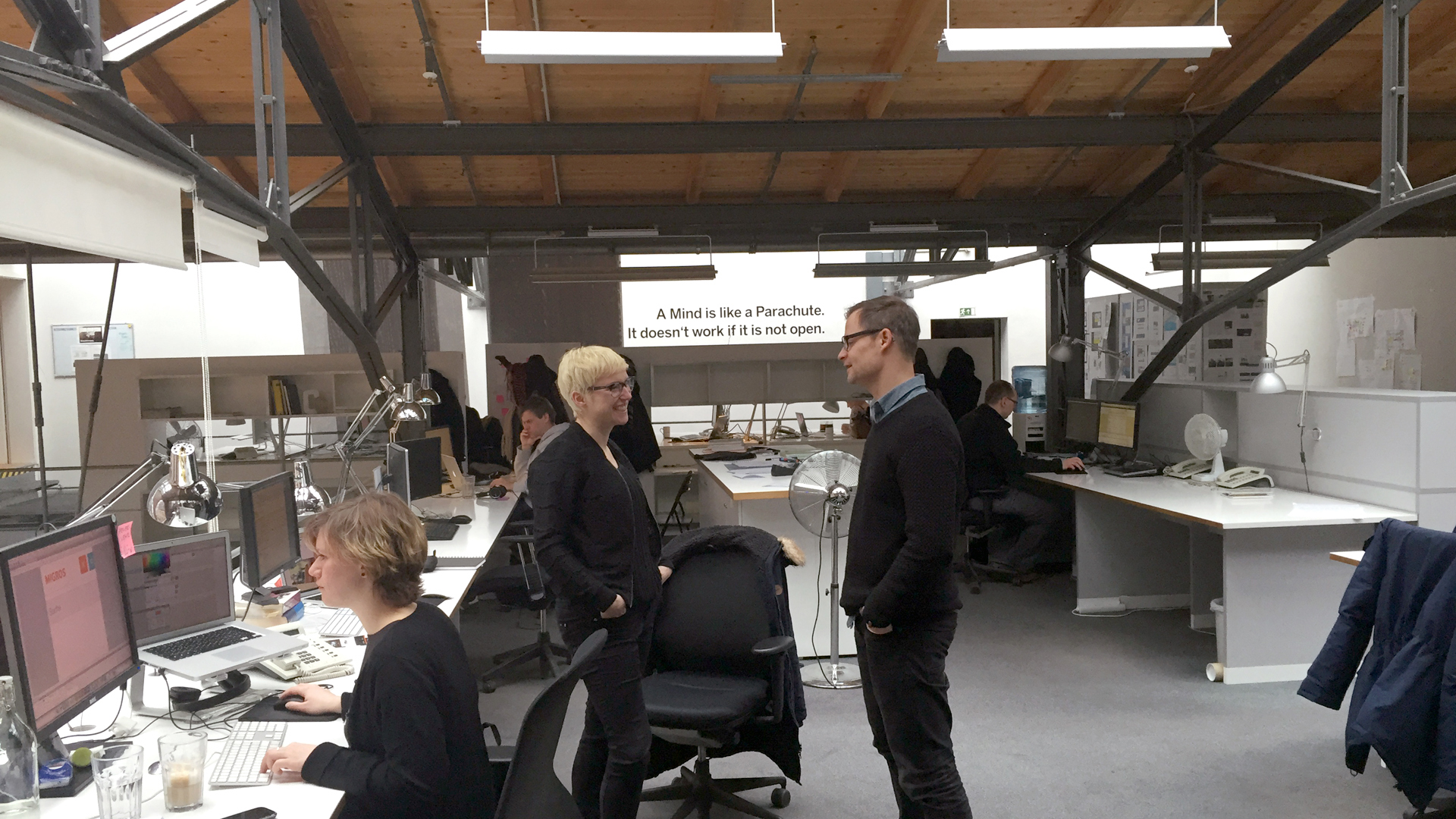
Is Flatter Better?Blog Post
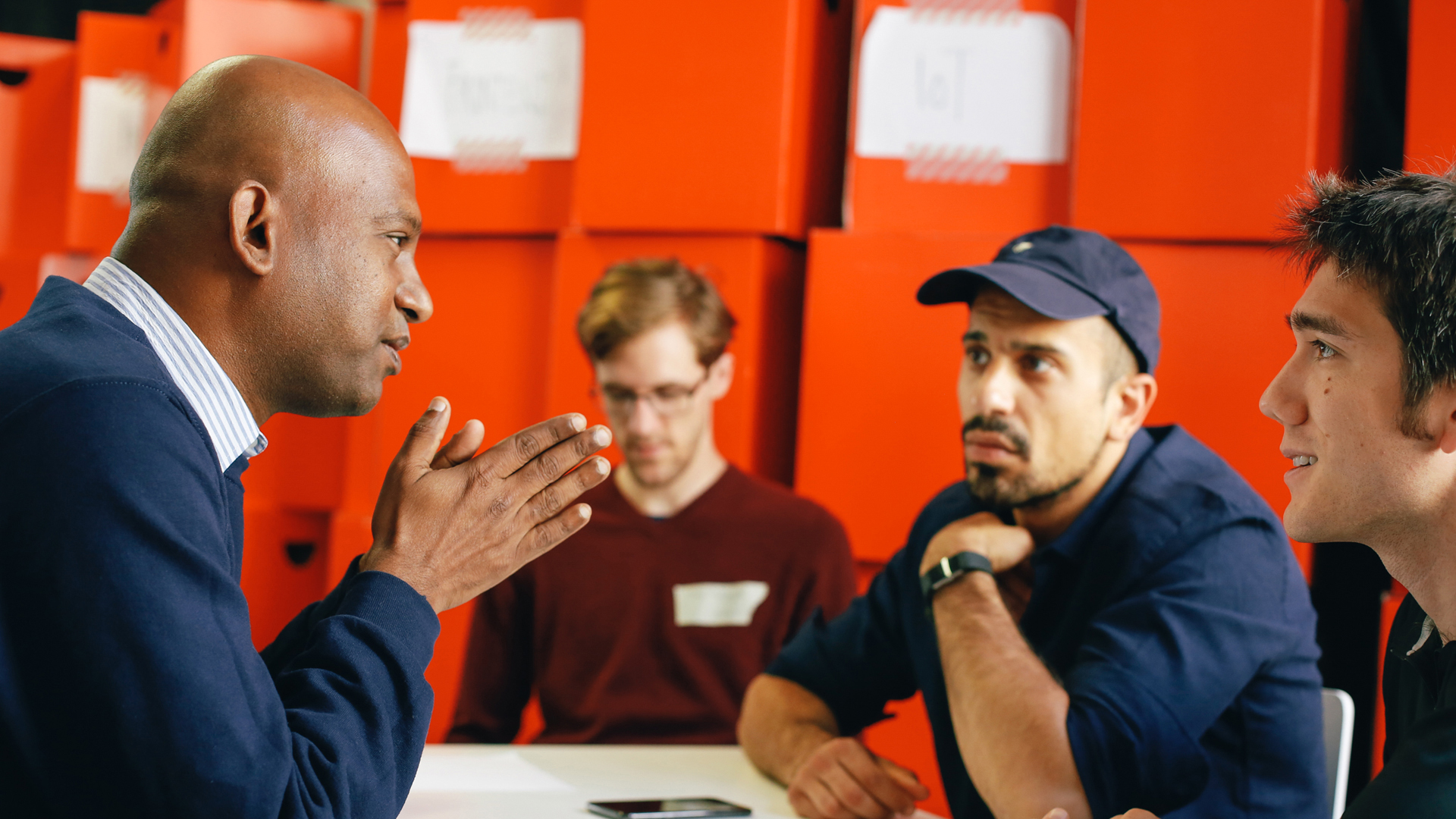
Tech-Speed-DatingVolunteering at ReDI School
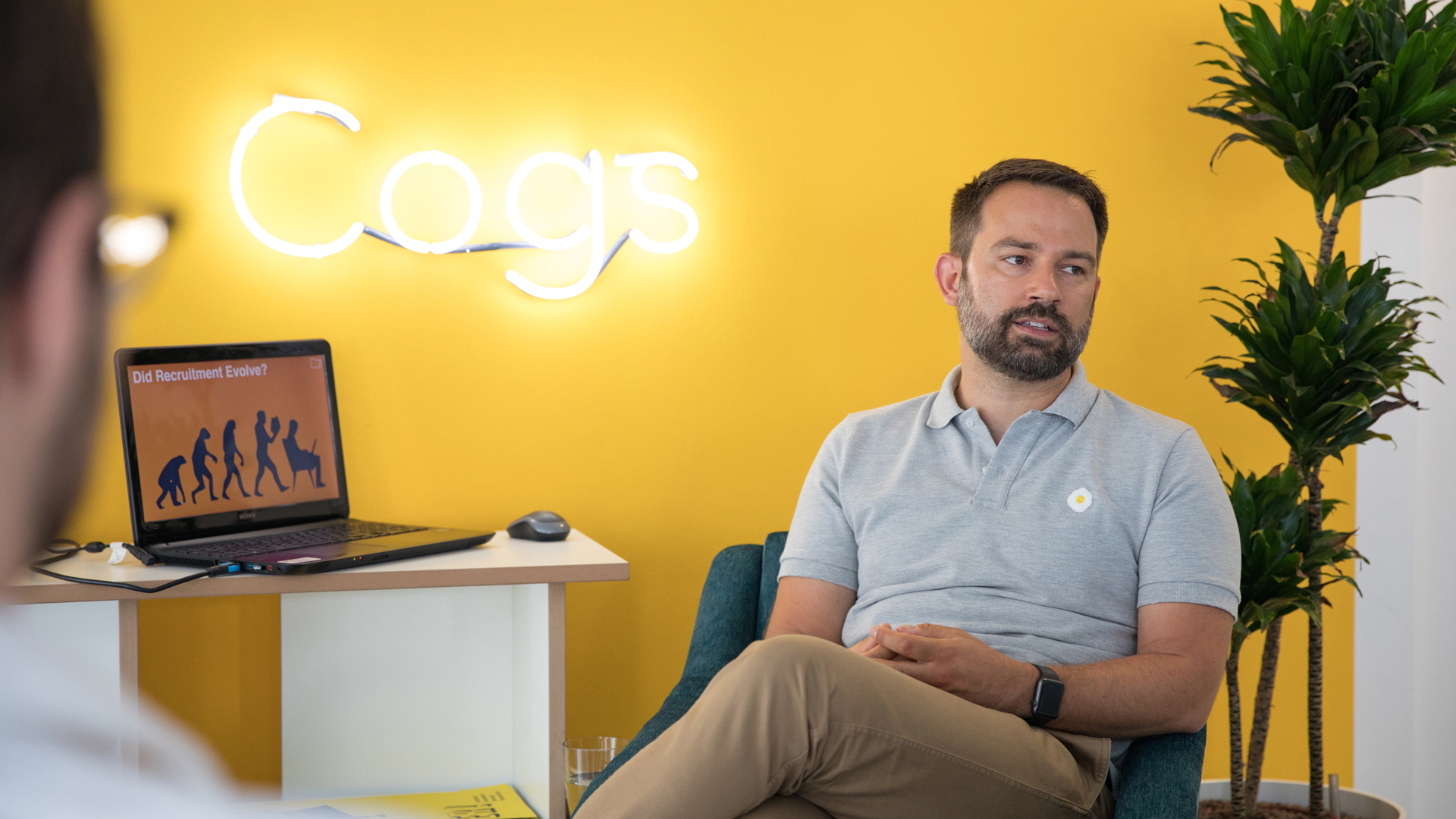
Cogs CrunchKnowledge Sharing Format
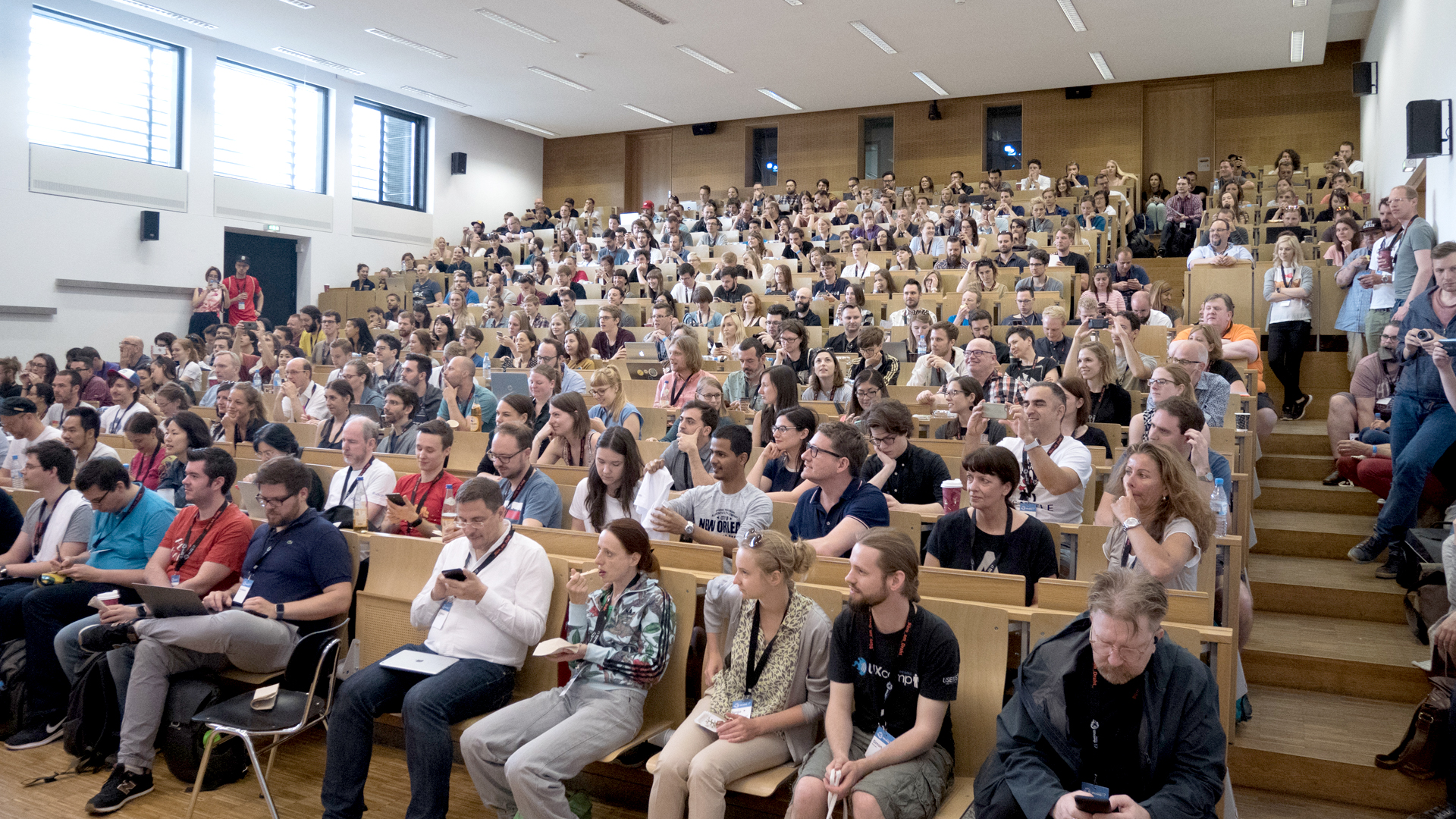
Headhunter SecretsUXcamp Europe, BarCamp
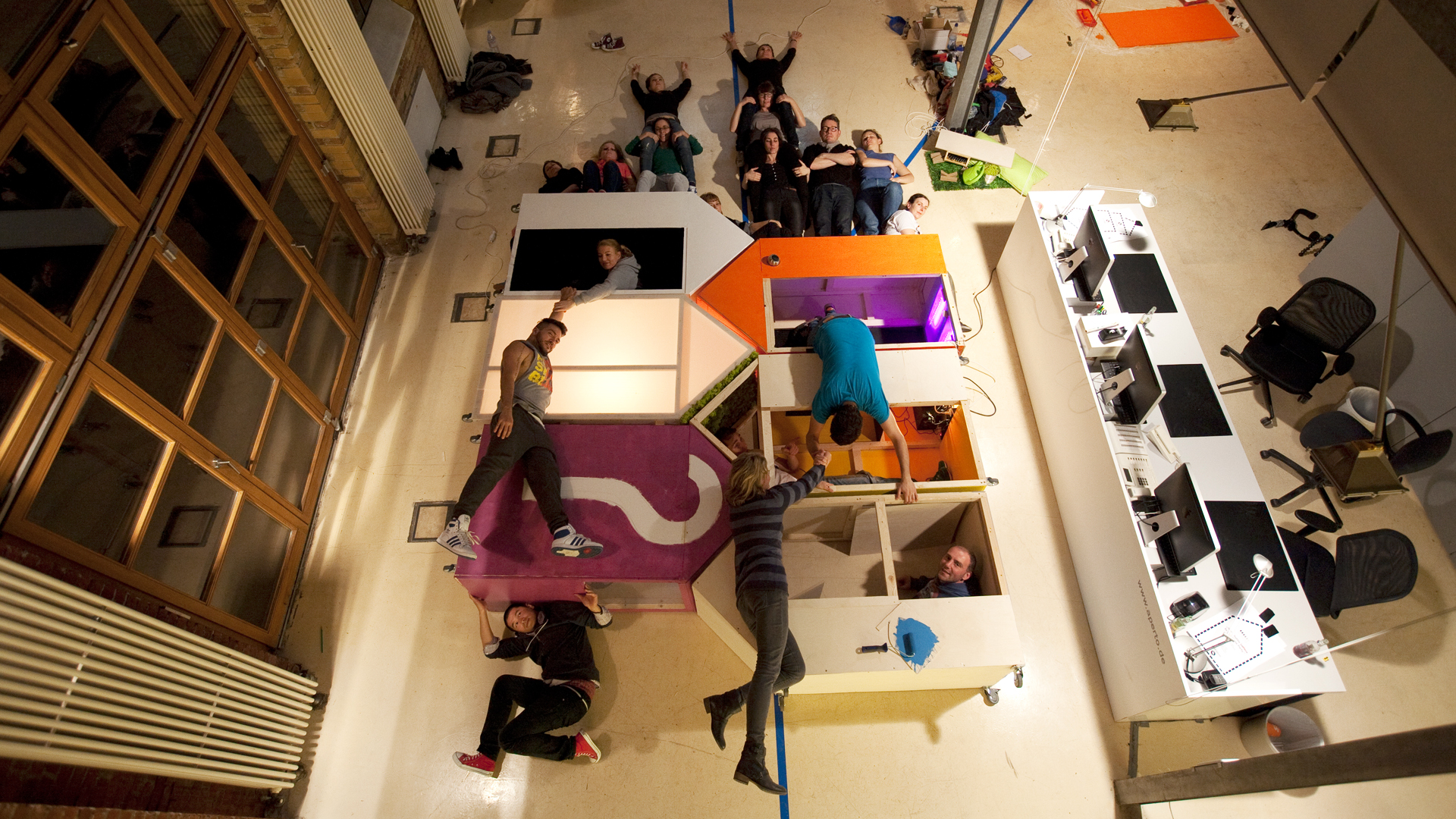
DECODERInnovation Platform
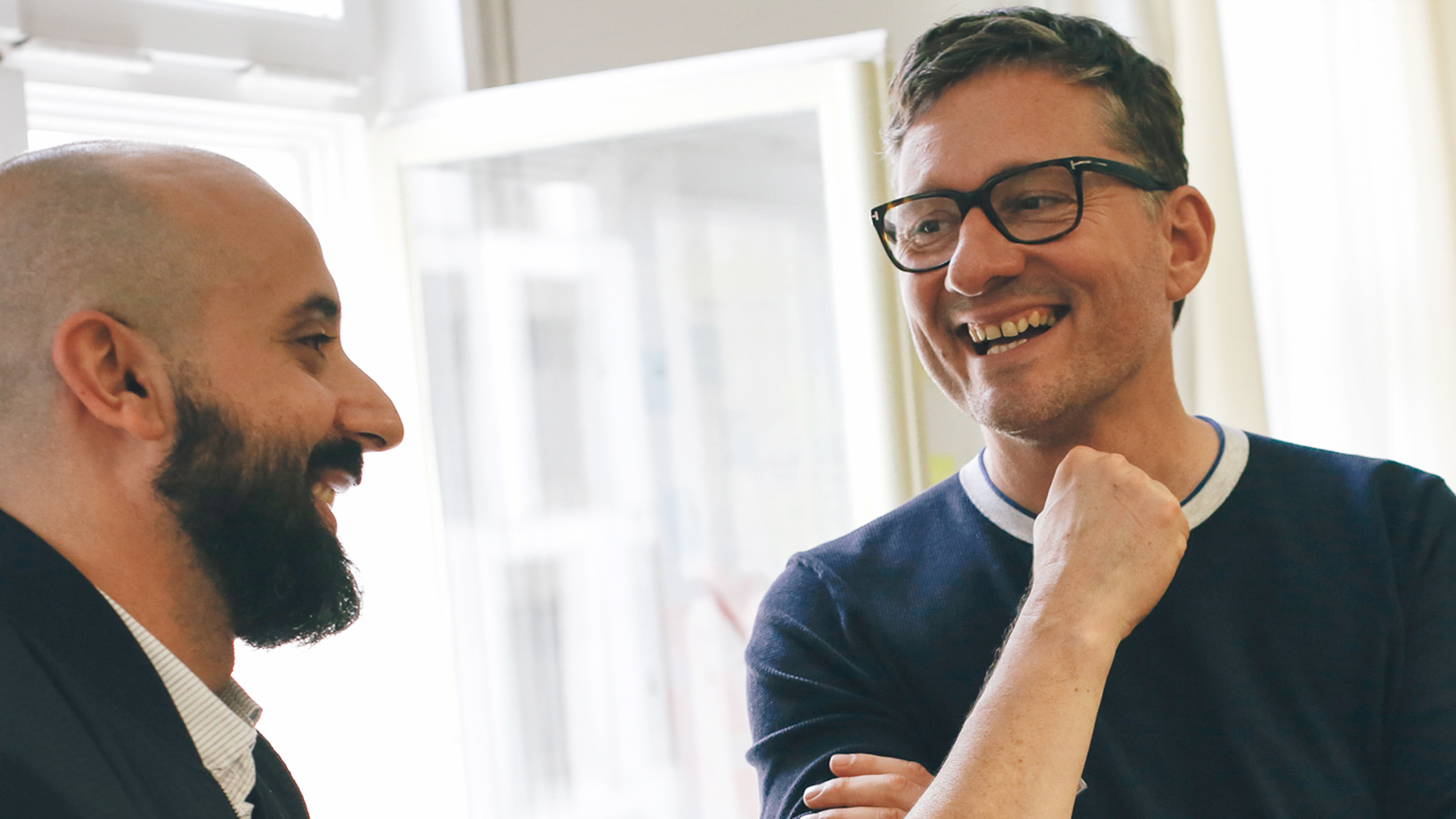
Service and Selected CasesPDF Download (PW required)
© 2025 Jan Pautsch
© 2025 Jan Pautsch